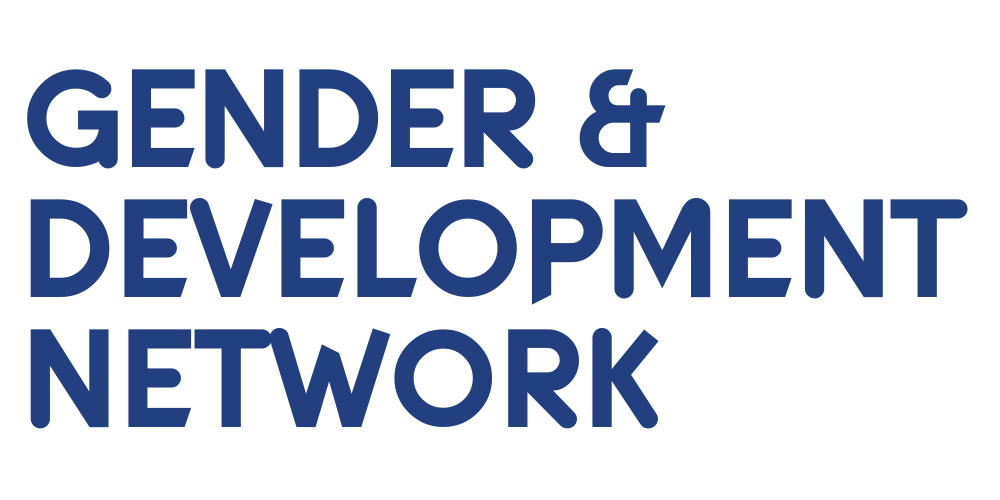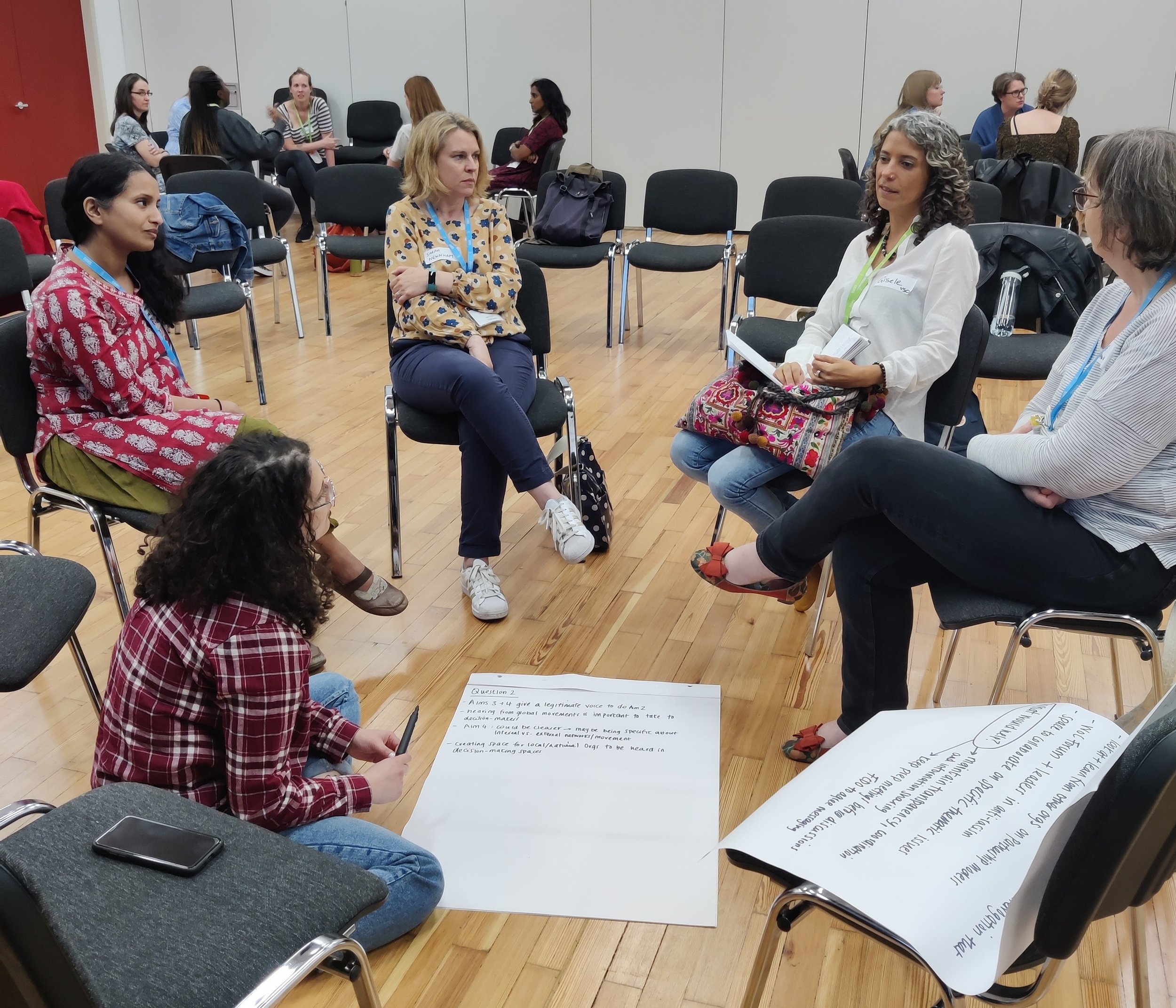Humanitarian
During conflict or humanitarian emergencies, human rights abuses are more likely – and women and girls are most at risk.
In the early stages of an emergency, they face additional barriers to receiving life-saving assistance, because their voices are not heard or, they are not present when decisions are taken. When the initial crisis passes, women and girls have less say than men and boys in rebuilding their communities and promoting peace.
The humanitarian system is male-dominated and power is concentrated within institutions and agencies in the global north.
GADN Resources
Explore GADN resources and learn more about humanitarian issues.
GADN Working Group
The Humanitarian Working Group focuses on addressing the specific consequences of gender inequality and gender-based violence in humanitarian contexts. The Group aims to ensure that women’s and girls’ needs and rights are prioritised through specific policy, funding and programming in humanitarian settings, resulting in their empowerment and greater recognition of their role and value within their communities.
More on the issue
The challenge
Worldwide, more than 125 million people need humanitarian assistance. Over 75% of them are women and children.
During disasters and displacement, all forms of violence against women increase.
During crises, women and girls face increased care work such as providing food and water and caring for the sick.
Disasters such as droughts, floods and storms kill more women than men.
There is clear evidence that women’s inclusion leads to more effective peace and stability. Yet, in major peace processes between 1990-2017 women constituted only 2% of mediators, 8% of negotiators and 5% of witnesses.
Gendered experiences of humanitarian crises
From the onset of an emergency to post-disaster recovery, crises affect women, girls, boys, and men differently, and exacerbate existing power inequalities. This means that women and men’s needs differ, as do their resources, capacities and coping strategies.
Voice and inclusion
Women and girls have a lot to contribute in preparing for and responding to crises. However, often their voices are not heard in disaster prevention and response, or in post-emergency reconstruction, peacebuilding and reconciliation. This leads to incomplete solutions and ineffective responses – both for women and for whole communities.
Solutions
Women must be included in decision-making about the assistance and protection they and their communities need.
Humanitarian responses should:
Promote women’s leadership in disaster preparedness, response and recovery.
Highlight and act on the particular risks women and girls face in emergencies.
Ensure that more resources and decision-making power are shifted to the local and national organisations on the frontline of an emergency response.
Humanitarian action can also potentially present opportunities for enabling new and more progressive gender roles and relationships to emerge as societies are rebuilt.
Useful links
Beyond consultations: a tool to promote more meaningful engagement of women in fragile and conflict-affected states (Women for Women International, 2019)
IASC gender handbook for humanitarian action 2017 (Inter Agency Standing Committee, 2018)
Gender equality in humanitarian assistance (Sida, 2015)
Humanitarian action (UN Women, 2015)
Member Resources
Are We Listening? Acting on Our Commitments to Women and Girls Affected by the Syrian Conflict IRC (2014)
Other GADN Issues
📷 GADN members at Members’ Meeting on Catching up & Looking ahead (May 2022)

